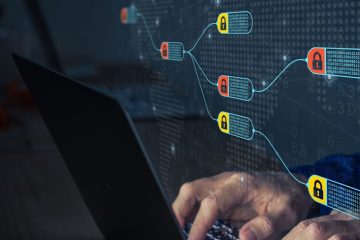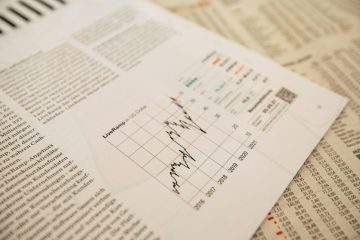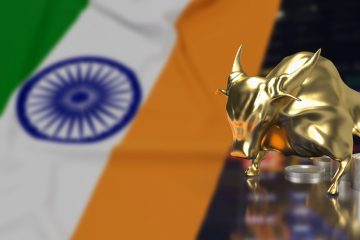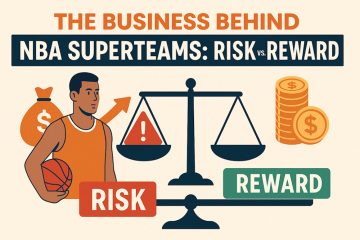The Role of Sports Psychology in the NBA: Mental Toughness vs. Skill
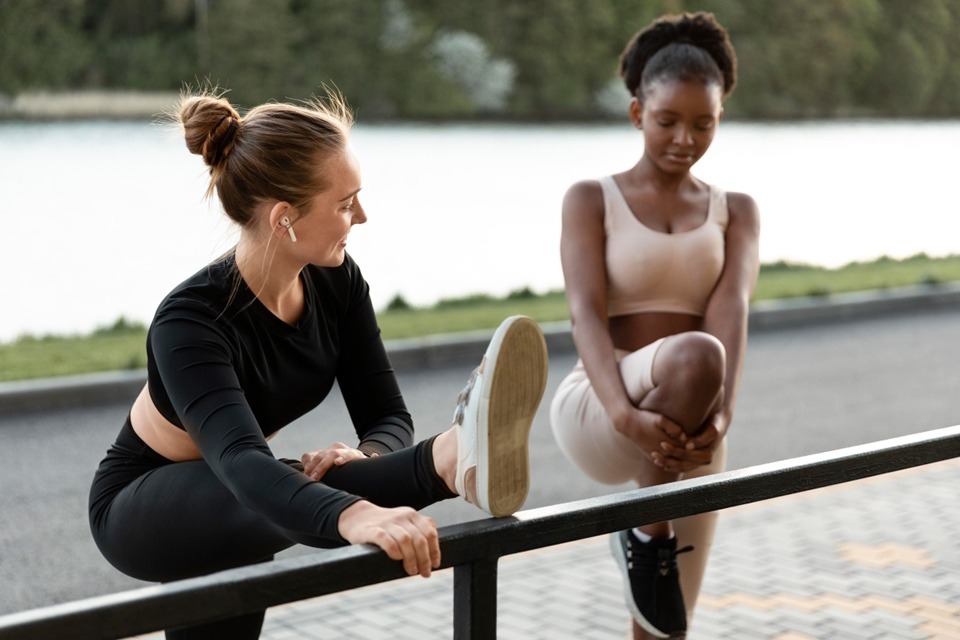
It is not a mystery that mental strength is as important as physical strength. Sports psychology has become a significant issue, and athletes need to learn how to cope with the stress of competition. The mind conquers nerve-wracking moments or adversities in a cartel rather than physical strength.
Understanding Sports Psychology
It is about exerting pressure in game-specific moments and optimizing mental conditions for performance. All the teams in the league can enlist the services of a psychologist to help them handle pressure, build confidence, and concentrate during competitiveness. This can be compared to the services of a personal agent on Melbet. An athlete’s warm-up procedure, anticipating the whistle or the takeoff, can significantly affect practice and performance.
The psycho-element of the game is as essential for every player in the NBA as having a correct shooting attitude or a proper stance during shooting practice. It’s about coping in general but coping with pressure regarding the mind and the ability to win. Where LeBron James’ decision-making is narrow, or Stephen Curry’s confidence – those are crucial for them.
The Dynamics of NBA Performance
The NBA players experience pressure on their minds during their performances or even in their spare time. It is about fans’ expectations or the game experience. Mental flexibility is required if you must be ready for the high stakes.
Here, sports psychology hones the precision needed to exploit the chances of victory. Vital psychological factors that influence NBA performance include:
- Handling Pressure: Being able to handle anxiety on the most important of occasions.
- Staying Focused: Focusing while working in an environment where one is prone to losing focus quickly.
- Building Confidence: Confidence in the ability to perform in situations has implications for success.
Alongside mental strength, talents are a crucial factor in helping NBA players manage the relentless pressures of the season, validating their unique abilities.
Core Components of Mental Toughness
This section examines the two essential components that shape an athlete’s mental resilience: coping power and concentration on the field, especially during the last breath.
Resilience in Adversity
Occasionally, NBA players face injuries, poor shooting streaks, or personal issues. The strongest athletes recover quickly from their losses and are motivated instead of hindered by their defeats. This mental strength can be seen in players like Derrick Rose, who had to endure career-threatening injuries before returning.
Resilience is not just the ability to stay strong and continue fighting but the ability to change strategies. Expectations must shift, and so too should strategies errors have to be acknowledged and corrected, and growth must happen. Through mental training, an athlete learns to visualize mental images and develop consciousness or mindfulness to enable them to persevere through hopelessness, which seems impossible to achieve.
Focus and Clutch Performance
Occasionally, it may be the last seconds of a football match, a cricket match coming to a close, or some tie-break in tennis. A benchmark of tough players is Kobe Bryant. In clutch situations, no matter how much reflection or pressure is put on a player, he has to focus because it is usually a make-or-break point.
Psychological preparation drills nurture concentration skills in clutch performance. Characteristic practices such as meditation or warm-up exercises serve the purpose of concentration and confidence building. Athletes then adopt this pressure, turning it into something positive that improves their performance, not vice versa.
Skill Development in the NBA
NBA players keep practicing every day to be in that league all their careers. Skill development entails physical exercise, the acquisition of technical skills, and preparation of the mind. Here are key areas of focus for NBA athletes:
- Shooting Precision: Daily, teams practice how far one can shoot, and then we correct their wrong posture or stance among our players.
- Ball Handling: Players can also maneuver the ball around plays through techniques such as tight dribbling control and thus make a shot.
- Defense Mastery: The movements in and out, particularly sideward, have to be learned against your opponents, and your reading has to be developed in this respect, too.
- Court Vision: Building upon the decision-making that considers when to make a fast and short pass and when to create an opportunity to use the ball wisely.
Skills like shooting precision and court vision must be refined and regularly changed. This is especially true in the dynamic environment of the NBA, where the game continually evolves. To stay competitive, players must embrace new skills and methods.
Integrating Mental Toughness and Skill Training
The level of mental health and a person’s skills correlate remarkably with careers within the NBA and occupations. One could dance as hard as he wishes, but conquering the brain is another level up. Some training programs now incorporate mental and physical abilities, such as drills. The latter assists in enhancing the player’s general performance by making them focus on practice and an actual match.
Imagery and attention are two vital elements in a sportsman’s toolkit. These exercises, focused on mental preparation, help athletes develop a well-rounded skill set that prepares them for high-stakes games and enhances their on-field performance. Combined with physical skill work, these mental exercises create a balanced athlete capable of competing at the highest level.
Final Thoughts
NBA players go through mental scrutiny, and by knowing this, when skill faces mental toughness, one complements the other instead of fighting it. Both are decisive in emerging from the level of plain competition. The best athletes do this by applying sports psychology and sheer determination with the applicable practice sessions to build up legendary performances that form their careers and basketball.


